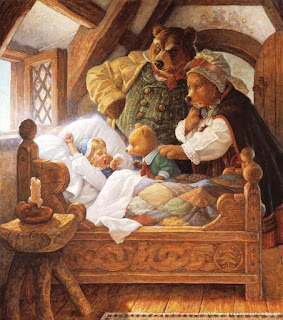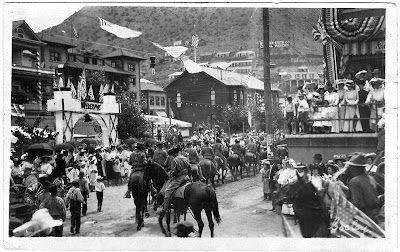There is a saying in Arizona that the state has only two
seasons: winter and hell. I guess it’s no longer winter. I made a mistake on
Friday. I went barefoot to the curb to bring in the empty trash barrel. It’s
not that far, but I was soon skipping on my toes in a vain attempt to remain airborne.
Here are a few one-liners to make you grateful you live in New Jersey.
It's so hot in
Arizona that...
· you burn your hand opening the car
door.
· seat belt makes a pretty good branding
iron.
· it takes only 2 fingers to drive your
car.
· the best parking place is determined
by shade, not distance.
· farmers feed chickens crushed ice to
keep them from laying hard-boiled eggs.
· trees whistle for the dogs.
· hot water comes out of both taps.
· it's noon, kids are on summer
vacation, and not one person is out on the streets.
· you realize that asphalt has a liquid
state.











,_enters_San_Diego_harbor_for_a_homeporting_celebration,_welcoming_the_ship_to_San_Diego,_Calif.jpg)























.jpg)